Culture is an elusive concept, perhaps due to the very nature of the term. "Culture" is constantly changing, due to organic and external factors, due to time and travel, immigration and emigration. Even within our own lifetimes, our own cultural context can shift due a myriad of factors. Culture can loosely be defined as the behaviors that define the human condition, and the values we assign as reasons for these behaviors.
Cultural anthropology is the study of these behavioral norms and values. Here lies the essence, the rasa, of anthropology. It is the study that, as anthropologist Karl Heider puts it, "seeks to understand what is means to be human." Our values, art, politics, religions, etc. are all ways in which we simultaneously create and react to our human existence. Whether we are aware of these systems or not, they play a role in how we respond to situations and individuals involved in these situations. The notion of us vs. them is all relative, depending on the players in each situation, and their cultural contexts. For example, two tribal groups from a particular country could see each other as having very different value systems within their country, but if they were removed from that context and both placed in a completely different country AND continent, they may identify more strongly with each other since their "us vs. the other" dichotomy completely changed.
As anthropologists, we have to be hyper aware of our own cultural norms, biases, and the lens with which we view our own human existence. The more reflect on our own cultural contexts, the more we can detect our cultural conditioning and how it is influencing our research. Gaining this awareness is a tremendous skill when working with different cultural groups, so that we inject as little bias as possible in our research, or at the very least, are able to step outside of our own context to view various cultural and subcultural groups with various lenses.
